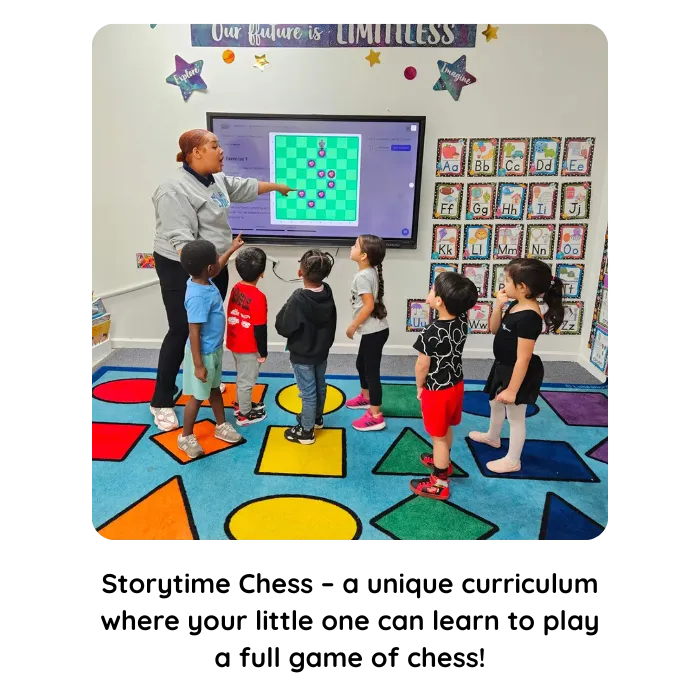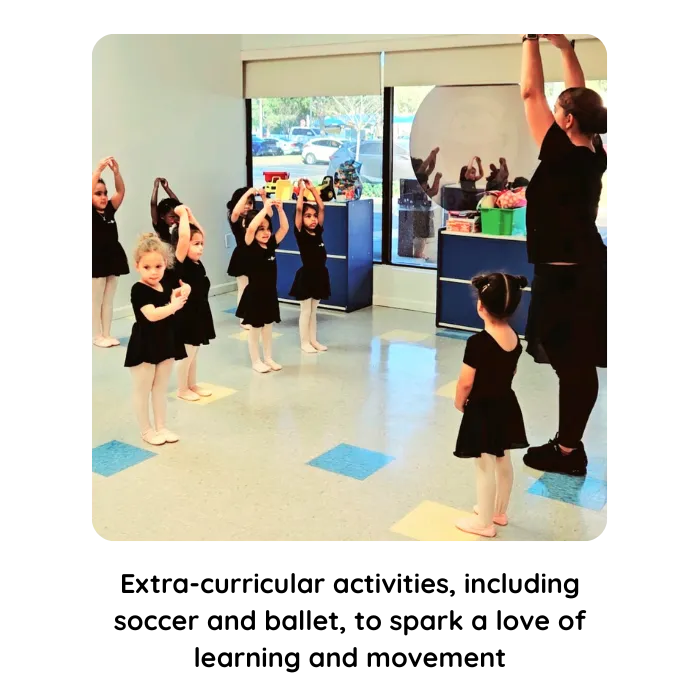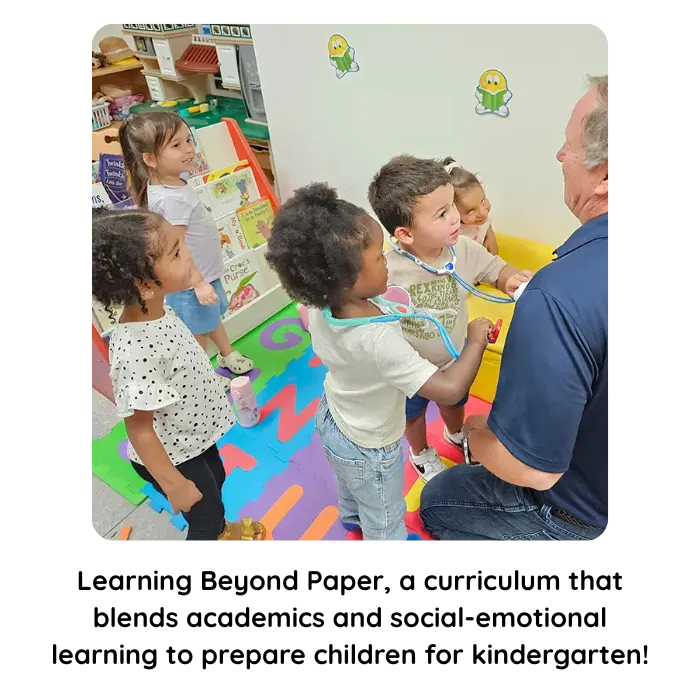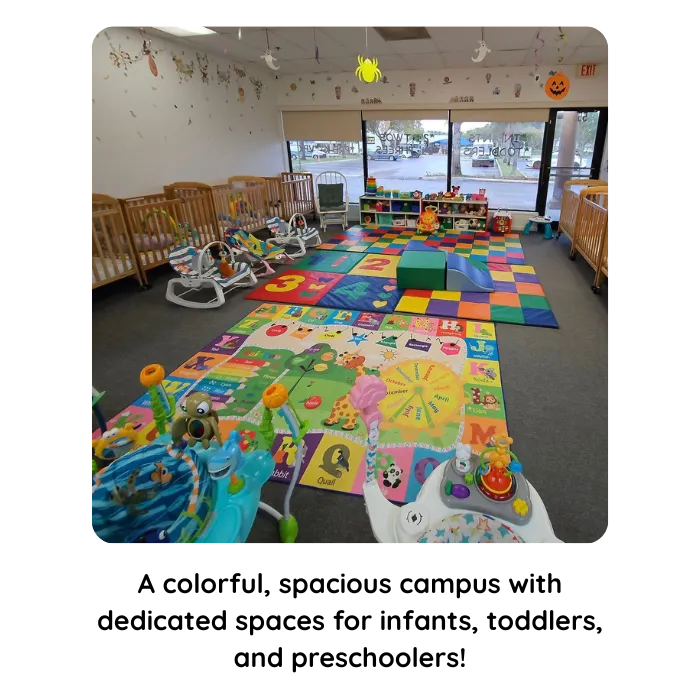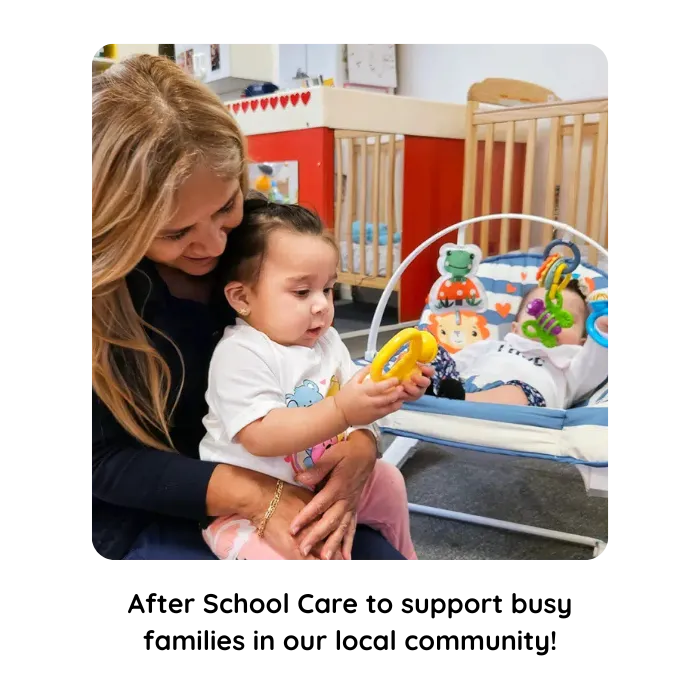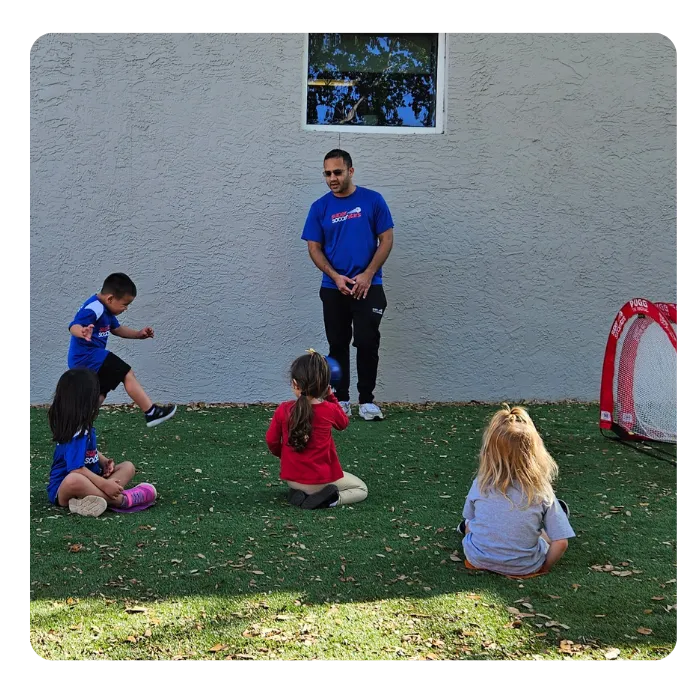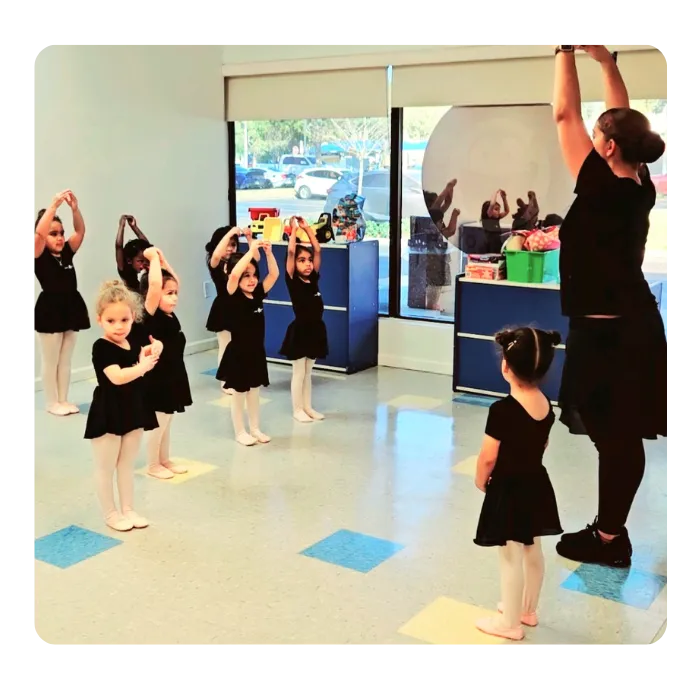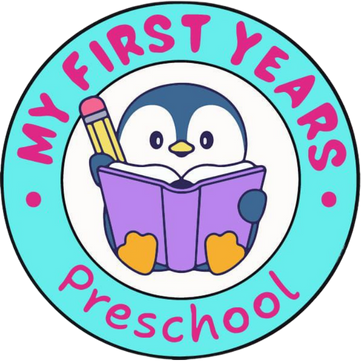
Best Preschool and After School Care in Davie, Florida
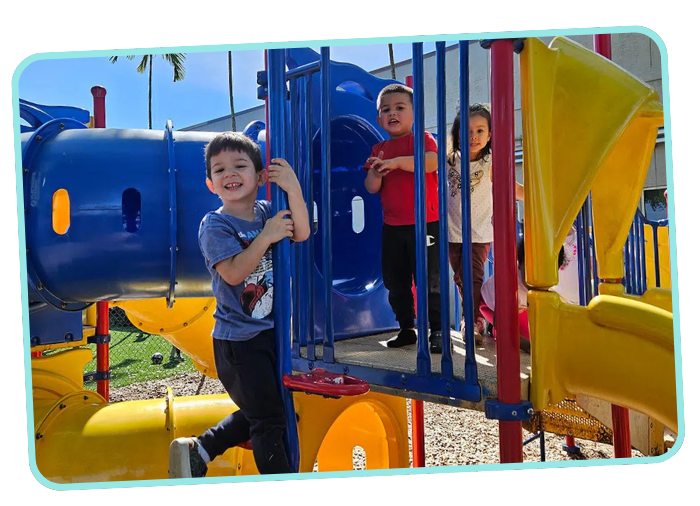
High-quality Full & Part time childcare for children aged 6 weeks to 5 years and After School Care up to 9 years old. Monday to Friday, 7:00 AM to 6:00 PM
Why Choose My First Years Preschool for the Best Childcare in Davie, FL?
Everything we do is centered around our amazing children. This is a magical time in your child’s development, and we’re here to nurture that magic every single day!
At My First Years Preschool, we help children expand their comfort zones in a way that’s safe, secure, and highly individualized.
We provide a safe, loving, and engaging environment where your child’s early learning journey begins. From infants to toddlers, preschoolers, VPK, and After School Care we support each child’s growth through developmentally appropriate, play-based learning. Our dedicated teachers foster a sense of belonging, creativity, and curiosity, creating a welcoming space for your child to learn, explore, and thrive.
Whether you're looking for nurturing infant care, a stimulating toddler program, or a VPK curriculum that prepares your child for kindergarten, My First Years Preschool is here to support your family every step of the way.
What We Believe
At My First Years Preschool, our team of qualified, experienced teachers are passionate about early childhood development. We partner with parents to raise confident, kind, and curious kids.

Our research-based Learning Beyond Paper curriculum and care practices focus on:
Empathy, kindness, and respect
Exploring the world through structured and free play
Nurturing creativity and self-expression
We are leading childcare experts, and we are your family!
Through individualized and compassionate care, we look forward to welcoming you to the My First Years family in Davie, FL!

Get Our FREE Parent Pack
Obtenga un folleto gratuito para padres
We’d love to send you a FREE parent pack, full of helpful information about My First Years Preschool and how we can support your child. Whether you're considering joining our community or just want to learn more, this pack is the perfect way to get started!
Some of the things that make our school unique include:
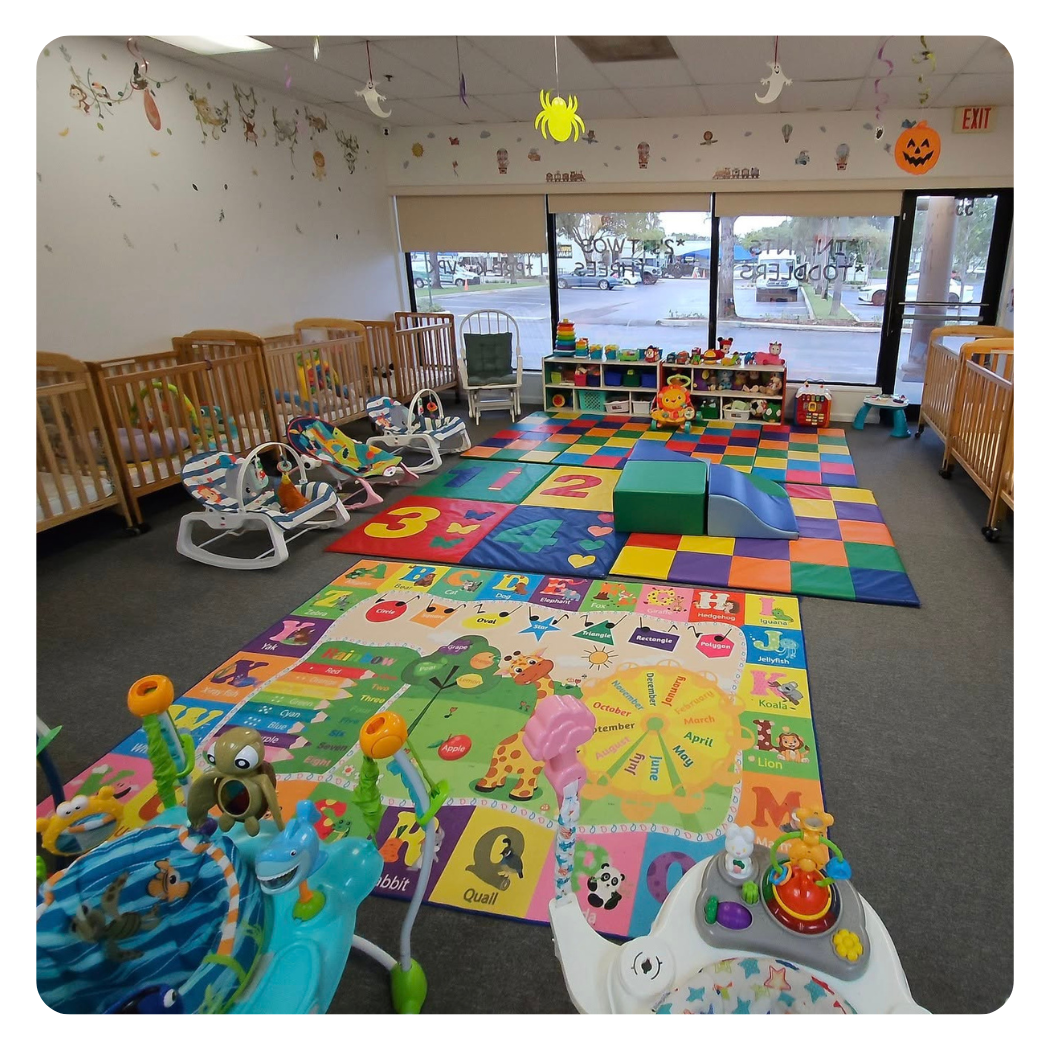
A colorful, spacious campus with dedicated spaces for infants, toddlers, and preschoolers!
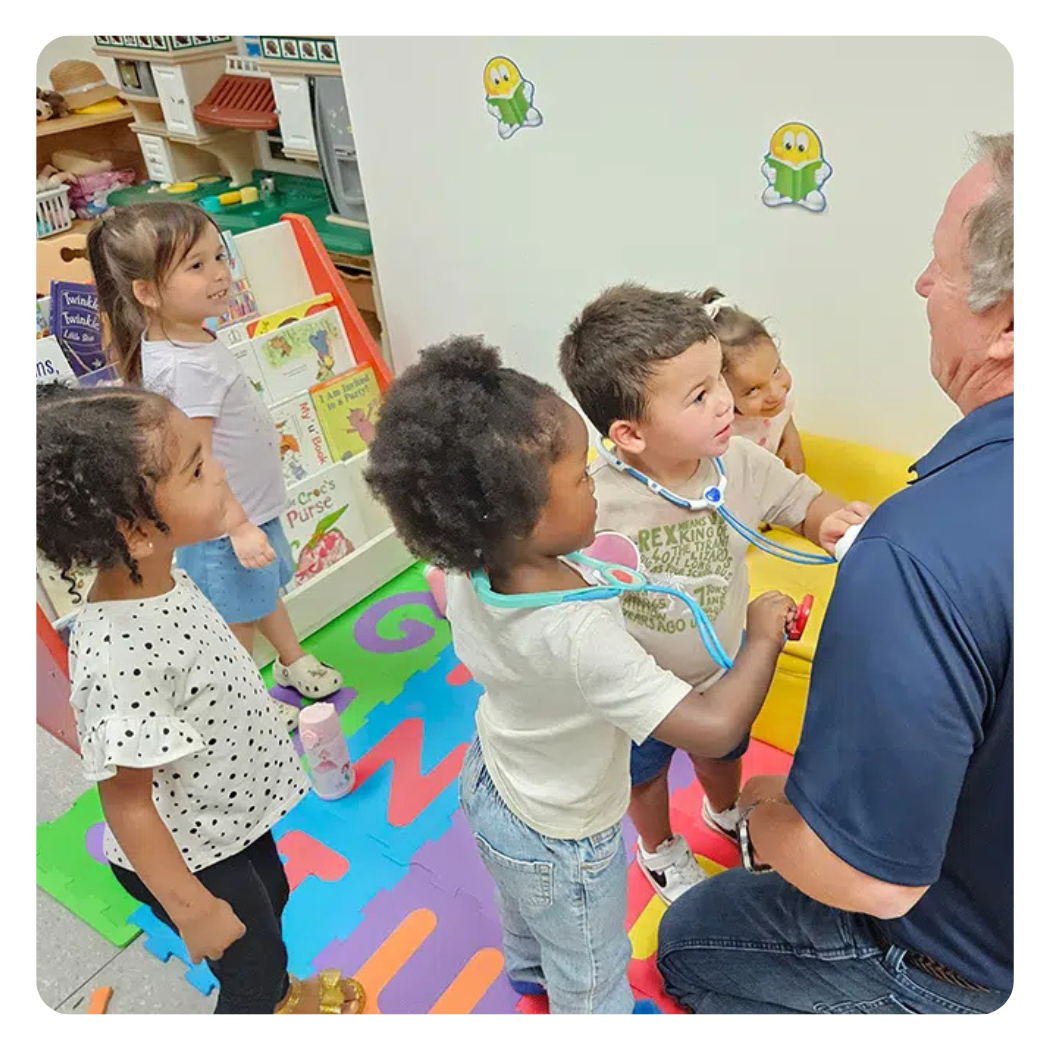
Learning Beyond Paper, a curriculum that blends academics and social-emotional learning to prepare children for kindergarten!
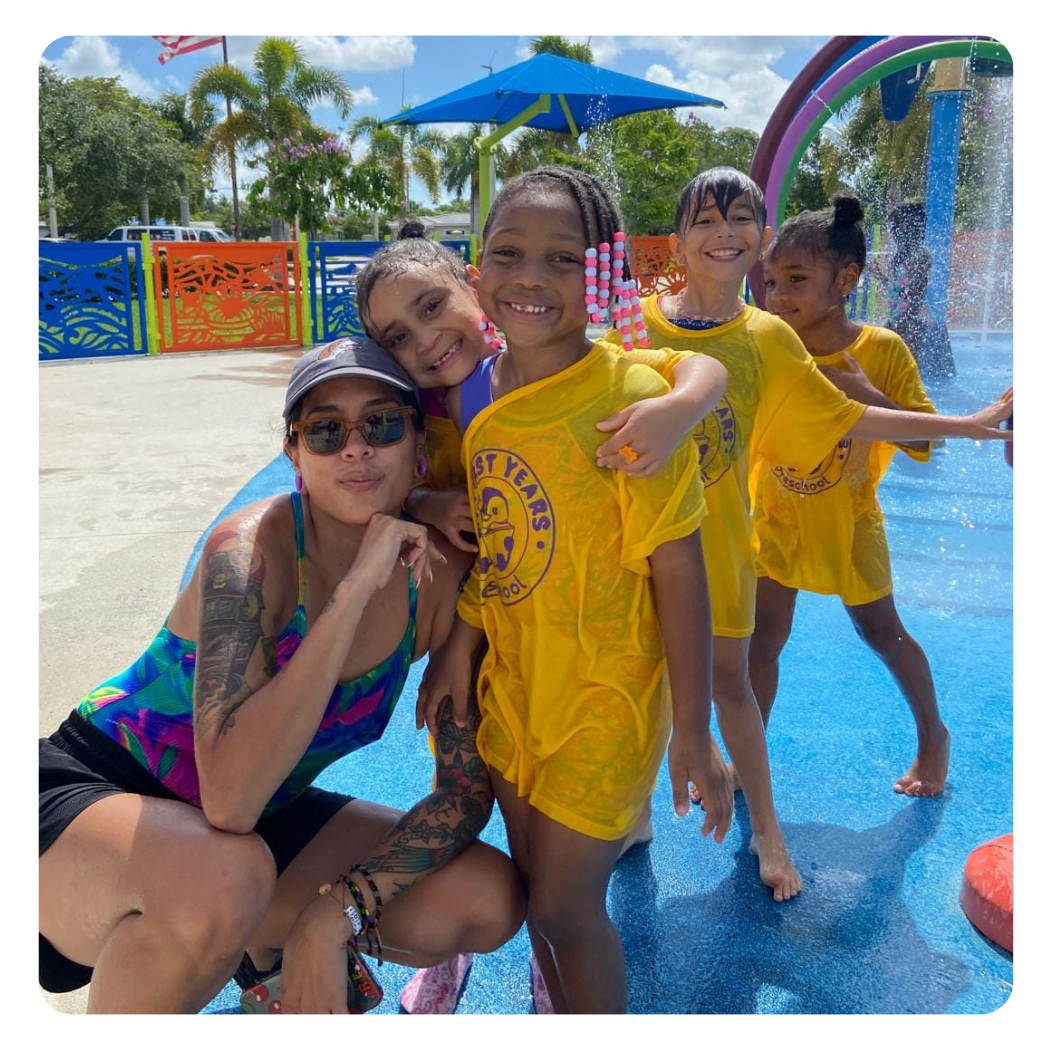
Exciting themed events like Splash Day, character visits, and holiday celebrations!
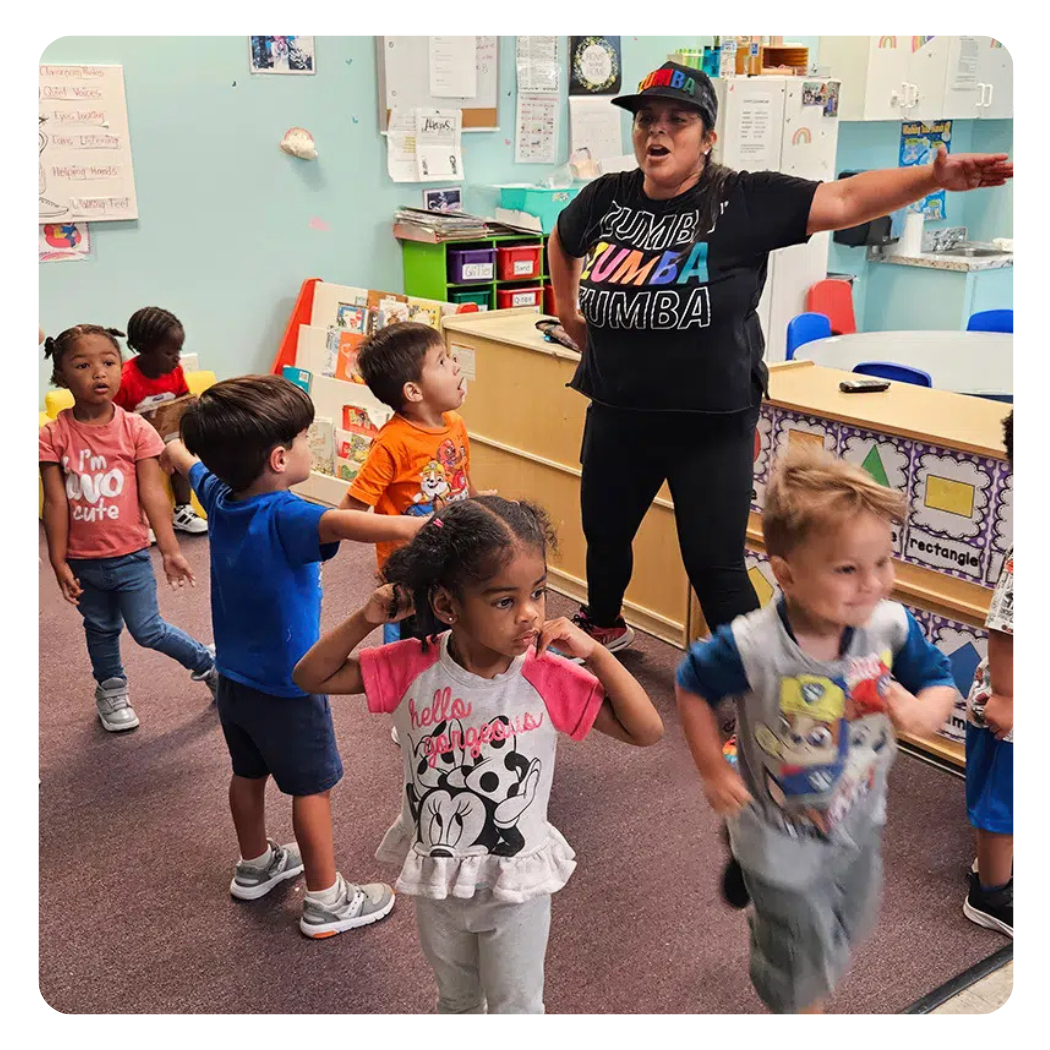
Enrichment programs like Zumba and chess!
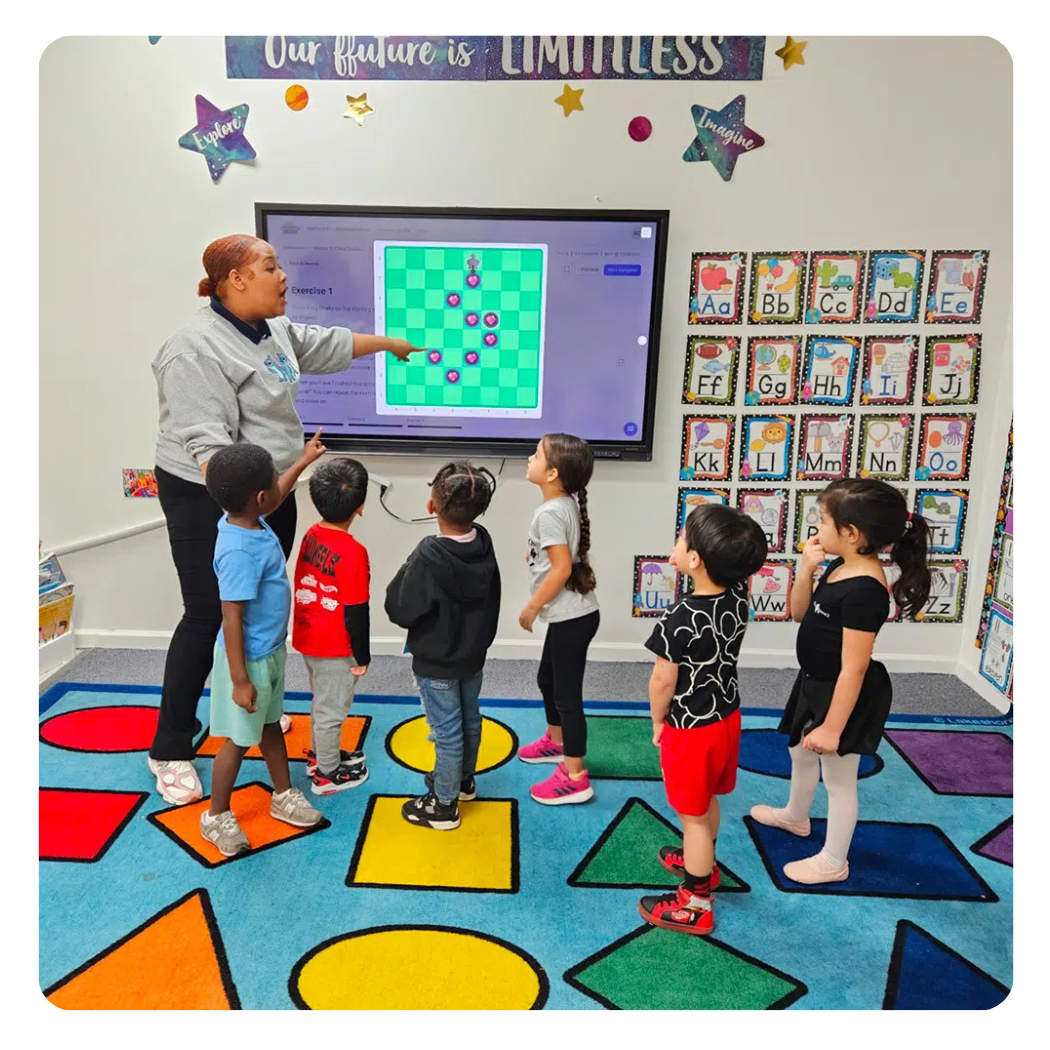
Storytime Chess – a unique curriculum where your little one can learn to play a full game of chess!
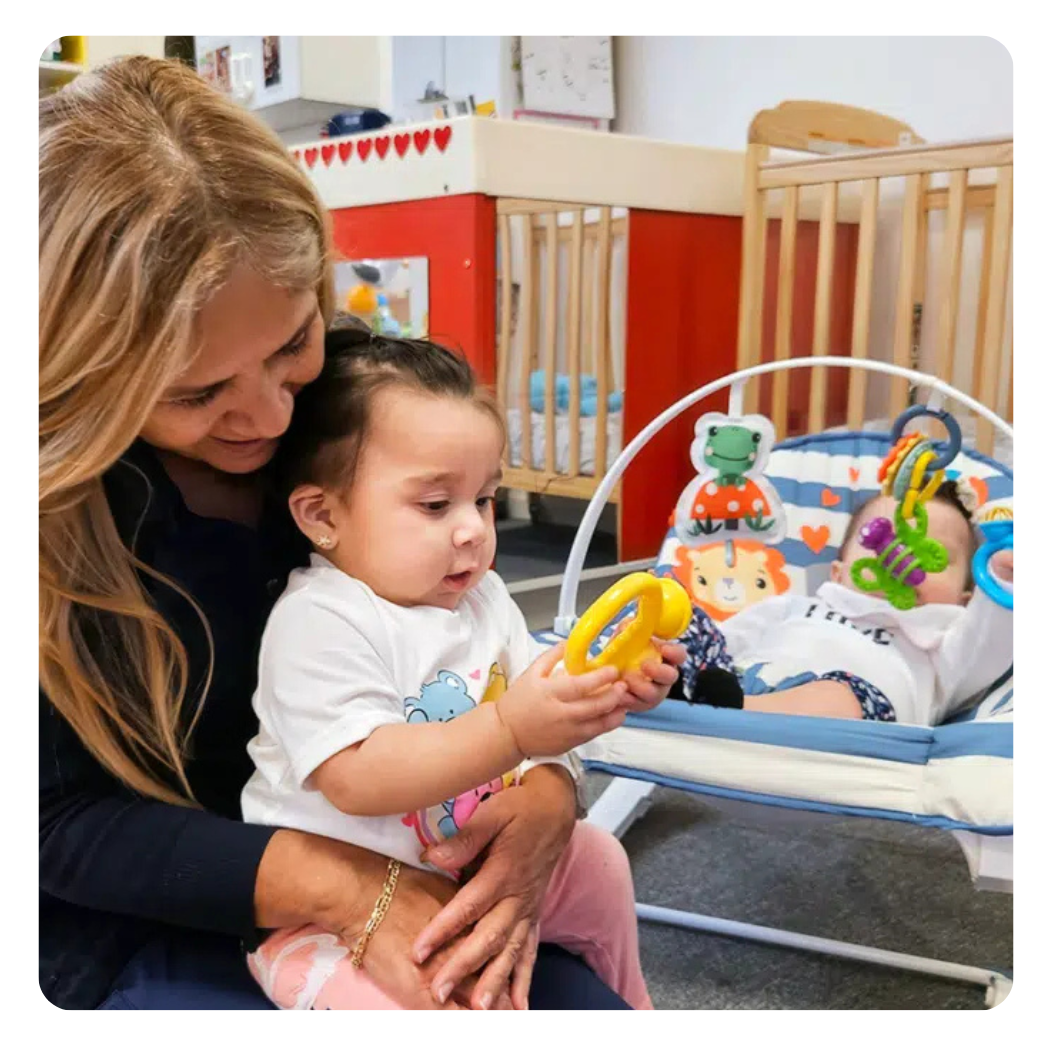
After School Care to support busy families in our local community!
Extra-curricular activities such as soccer and ballet for movement, socialization, and fun!
Voted BEST PRESCHOOL 2024 & 2025! Trusted by Parents for Over 15 Years.



About Our Davie Location in Florida
Situated in the heart of Davie, Florida, our preschool is easily accessible via I-595 and major roads, making it convenient for families commuting throughout Broward County.
Since our founding in 2007, we’ve worked hard to provide the best possible childcare experience in Davie. Our dedicated team continuously updates our practices and facility to reflect the latest in early childhood education.
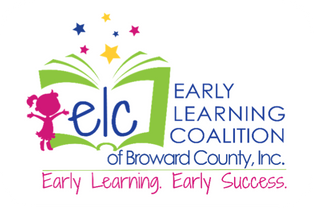
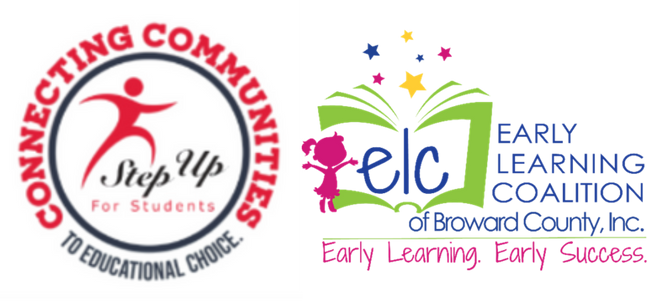

We Offer Subsidized Care
Amazing Facilities For Your Child
Here’s a glimpse at what your child will enjoy:

Indoor and outdoor play area to ensure mind, body, and social growth throughout the year

Bright, developmentally appropriate classrooms with updated resources and safety in mind

Separate infant and toddler rooms for age-appropriate learning and care
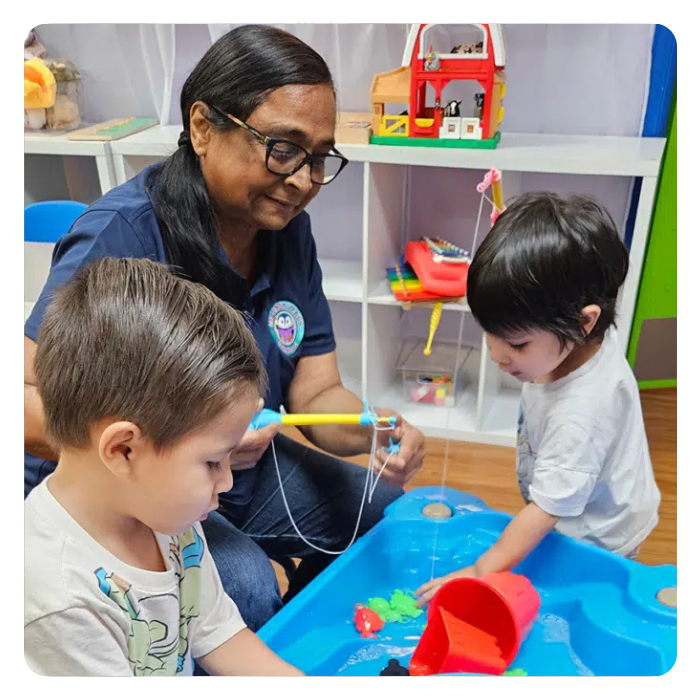

Interactive learning centers for STEM, literacy, and sensory exploration

Top-notch security (secure entrances, cameras in every classroom and on the playground for full visibility, and a Finger-Safe Door System) for each child’s safety, and every parent’s peace of mind

Exceptional Learning Beyond Paper and Storytime Chess curricula to develop children’s skills in every capacity
Here’s What Our Happy Parents Have To Say
We love our families, and they love us! See what parents have to say about their experience at My First Years Preschool
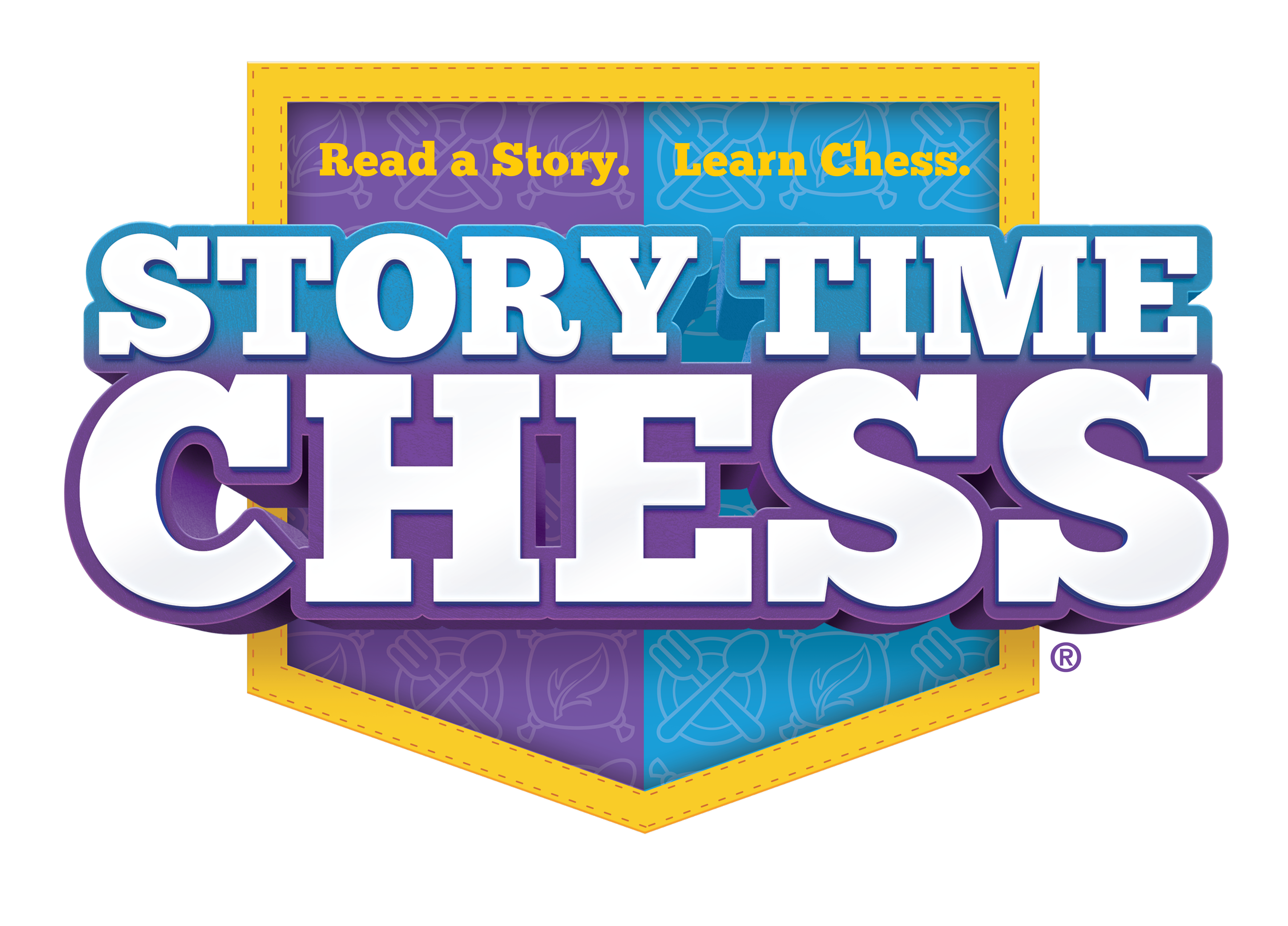
Storytime Chess!
At My First Years Preschool, we’re excited to offer the Storytime Chess Program— an imaginative and effective way to introduce children as young as three to the game of chess through storytelling and play. Designed by early childhood experts, this program helps build critical thinking, problem-solving, and social-emotional skills in a fun, age-appropriate way.
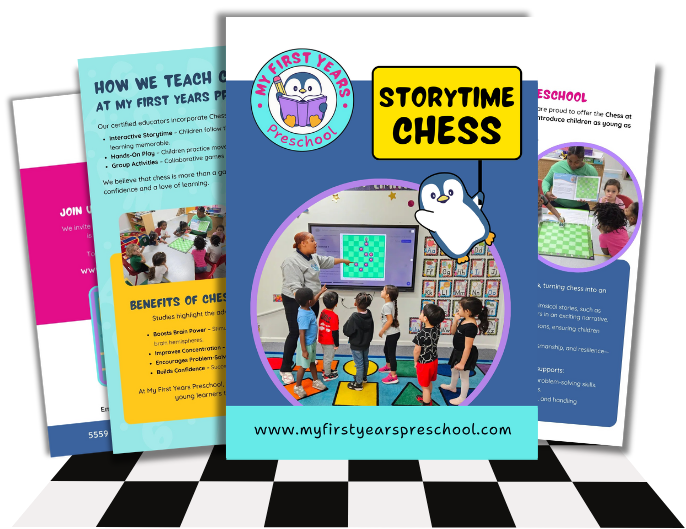
Here’s What Our Amazing Team Have To Say
We LOVE our staff and we're so proud to share some of their thoughts with you…
Our Commitment To Safety
Here at My First Years Preschool, we take the safety of every child seriously. We’ve implemented protective measures throughout our center to ensure a clean, secure, and welcoming environment.
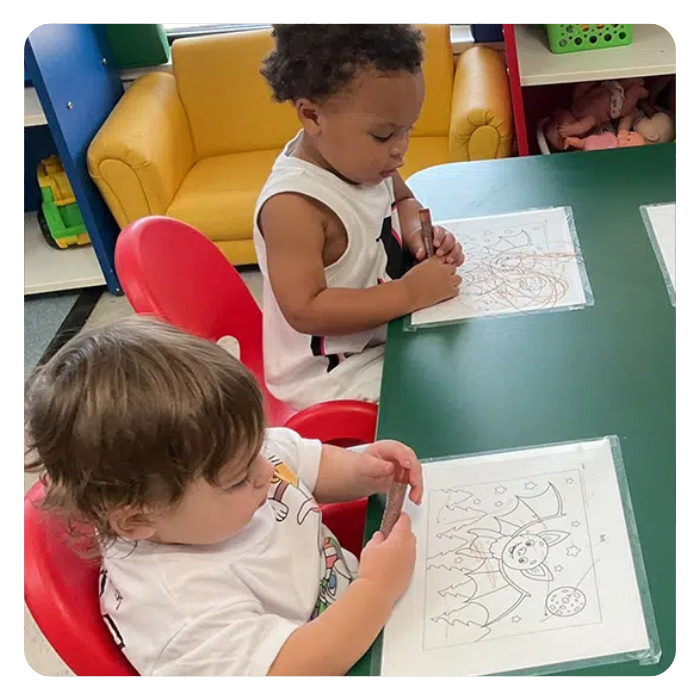
Cleanliness Protocols
We use child-safe, disinfectants daily and follow rigorous handwashing and hygiene practices to reduce the spread of germs.
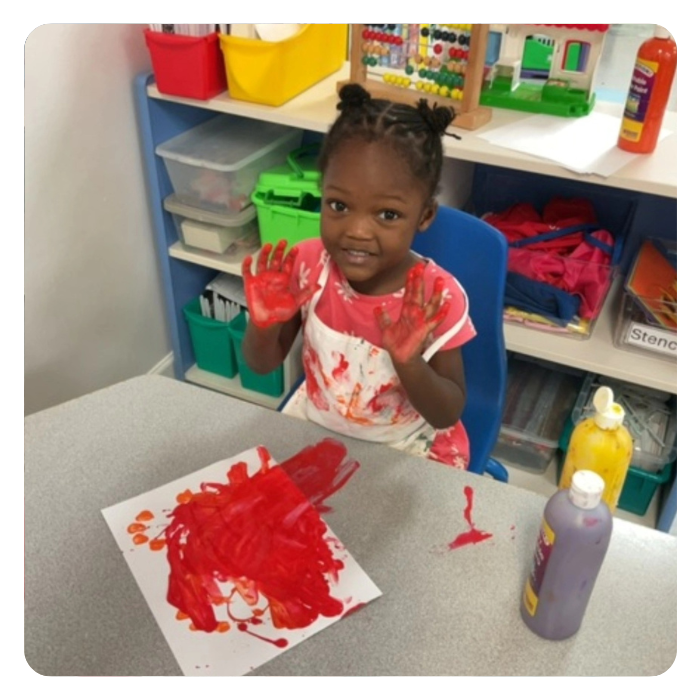
Security
Access to our building is secured via keypad entry, followed by classroom access via a unique code for each parent. Only authorized personnel and registered parents are allowed on campus. Cameras operate in every classroom and we are committed to each child’s safety every day they walk through our doors.
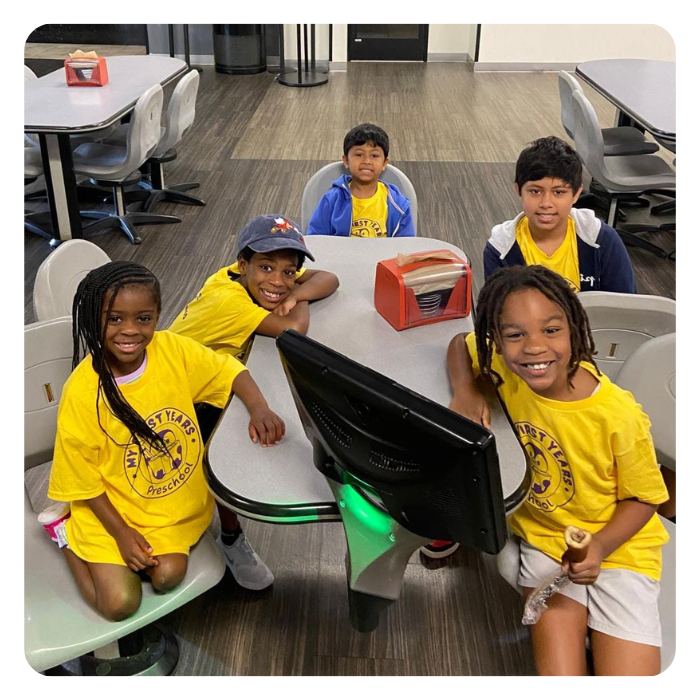
Transparency
We understand that peace of mind is everything. Through the Procare™️App, we will keep in daily communication with you about your child’s progress, and upcoming notices, and you’ll be able to see what they’re learning – no matter where you are!
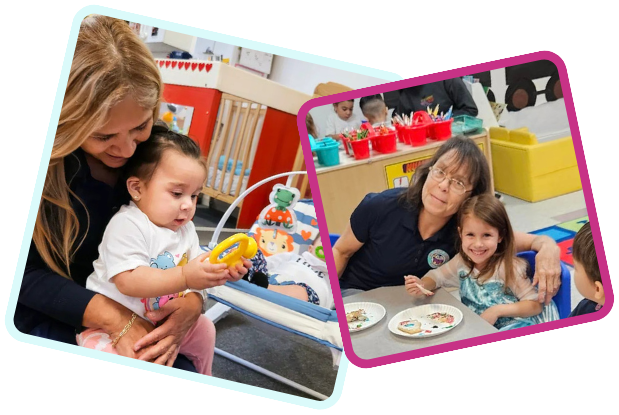
Would you like to join the
My First Years Preschool Team?
We are seeking passionate and dedicated childcare professionals to join our team and contribute to our vision of guiding children as they reach their full potential.
If this sounds like you, we would love to invite you to become a valued member of our community!

Schedule a Tour at My First Years Preschool
We provide engaging and interactive tours at our Davie location daily! Schedule your tour and see what makes My First Years an incredible experience for your child and a beautiful addition to your family!
